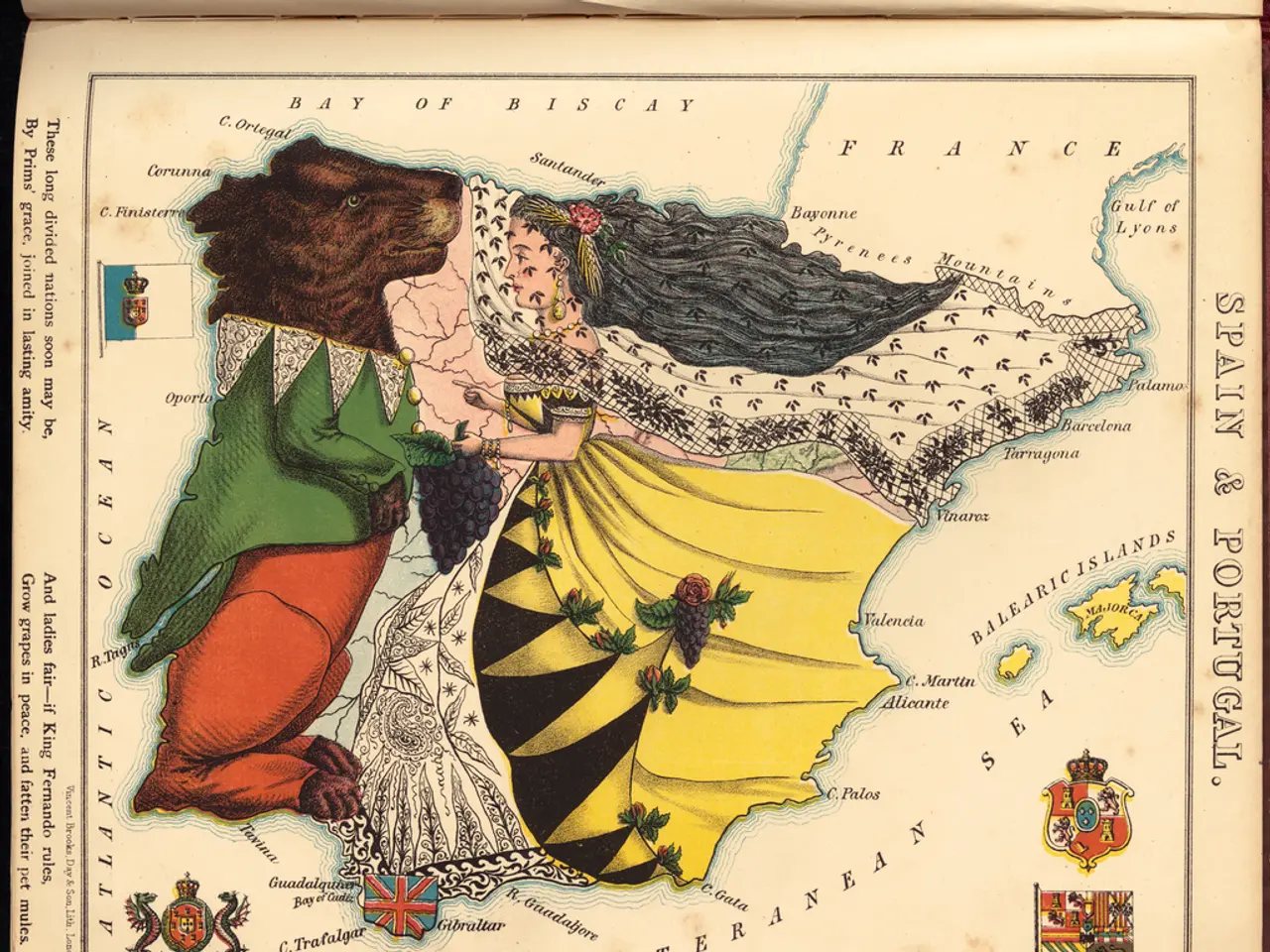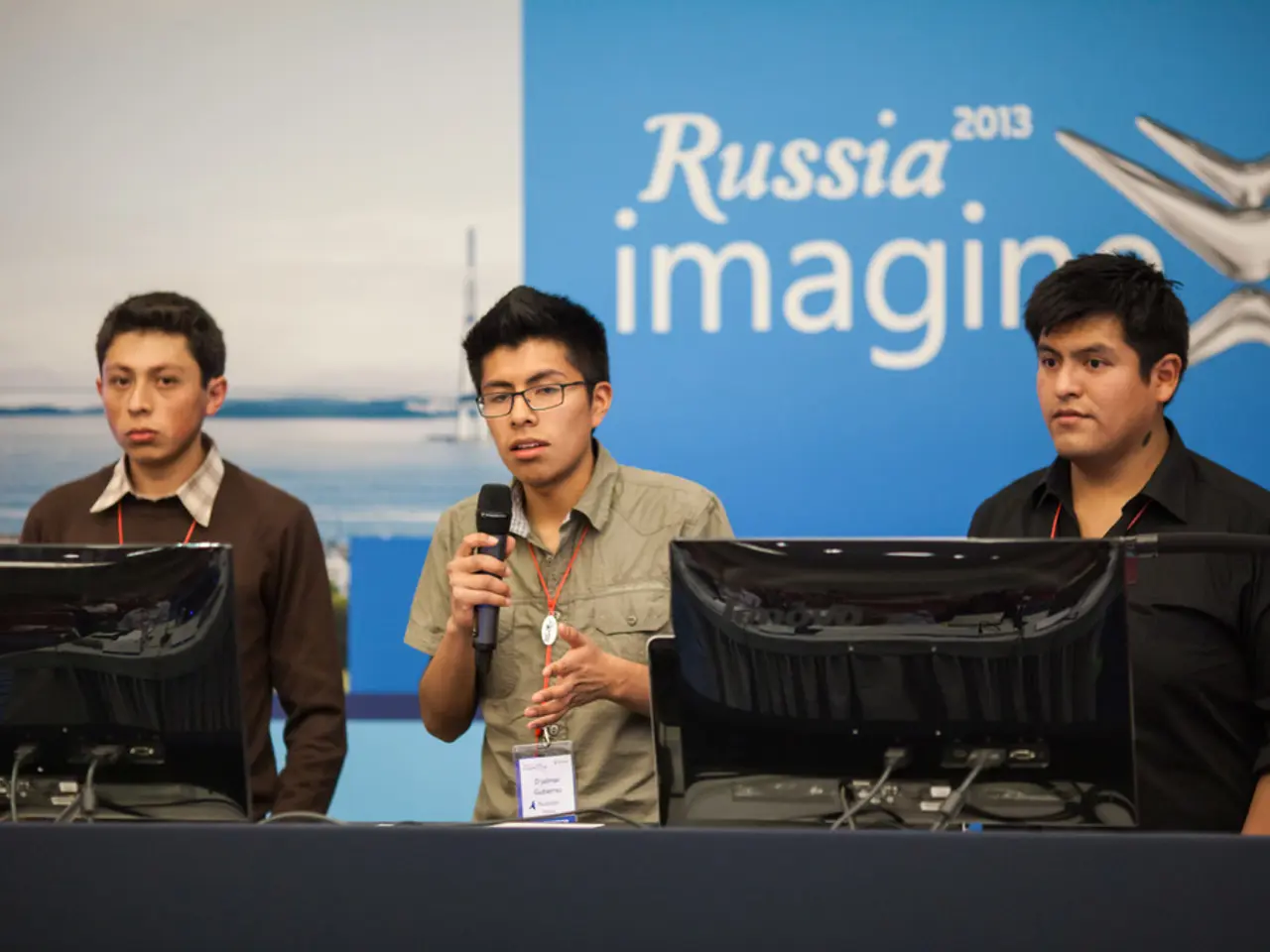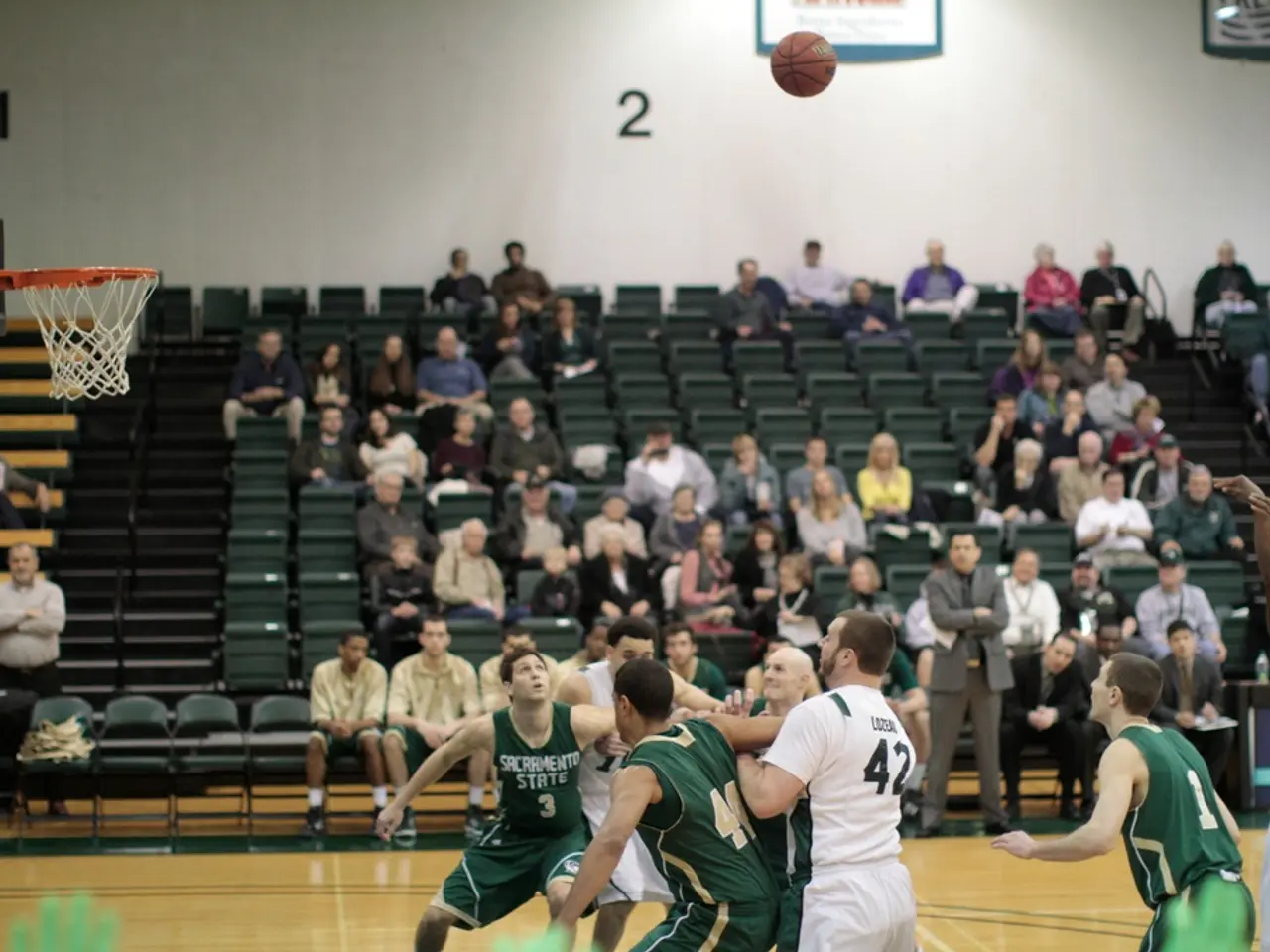Denmark's paint industry expanding in Russia and immigration policies advancing within the EU framework
In a surprising turn of events, Danish paint manufacturer Flügger is currently under police investigation for suspected violations of EU sanctions against Russia. This investigation follows reports that Flügger's products have been found on sale in Russia, potentially breaching sanctions despite the company's efforts to sever ties with distributors in several countries.
The alleged breach came to light following an internal probe by Flügger, which led to the company cutting ties with distributors in Kazakhstan, Estonia, Azerbaijan, and Kyrgyzstan. However, it appears that someone has resold the paint in Russia, bypassing the sanctions. Flügger has confirmed that it is fully cooperating with the investigation.
Flügger's CEO, Sune Schnack, has condemned the unauthorized resale of products by a former partner and stated that the company has strengthened its internal controls to prevent future violations. Despite the controversy, Flügger reported a 38% rise in EBIT for the 2023/24 financial year, with revenue growth driven mainly by stronger gross margins, higher prices, and increased sales to private consumers, particularly in markets outside Russia, such as Poland.
Interestingly, Denmark's migration policies are also making waves in Europe, putting the country in a strong position to advocate for stricter rules. Prime Minister Mette Frederiksen aims to build EU consensus on externalizing asylum procedures outside Europe and restricting the scope of rulings from the European Court of Human Rights.
This push for stricter migration policies has found support from German Chancellor Friedrich Merz, who applauded the Danish "model" and attended a meeting of EU immigration hawks in Brussels. The long-term goal of the Danish Social Democratic party is to set up offshore asylum processing facilities.
The investigation into Flügger is not the first instance of a company being implicated in sanctions violations against Russia. Jakob Tolstrup, associate professor at the Department of Political Science at Aarhus University, commented that this resembles a pattern seen with sanctions against Russia and other countries.
The Danish government has not named the specific company under investigation, but the special police unit NSK has confirmed a raid related to a Danish company's possible avoidance of sanctions against Russia. A Russian businessman, Alexei Popov, who was reportedly Flügger's distributor in Russia until 2022, may be implicated in the case.
Two individuals were arrested and later released in connection with the raid on Flügger. The NSK has not confirmed Flügger as the subject of the raid, but the company has confirmed to the Danish stock exchange that it is being investigated for suspected sanctions violation.
[1] Source: Flügger's financial report for the 2023/24 financial year.
- Amidst the ongoing investigation, news about policy-and-legislation surrounding migration, particularly in Denmark, has also gained attention in general-news, with Prime Minister Mette Frederiksen aiming to build EU consensus on stricter rules.
- In the realm of science and technology, there has been a significant rise in Flügger's EBIT for the 2023/24 financial year, driven by factors such as stronger gross margins, higher prices, and increased sales to private consumers, especially in markets outside Russia like Poland.
- The art of diplomacy and politics has been put to the test, as the investigation into Danish paint manufacturer Flügger for suspected violations of EU sanctions against Russia mirrors a recurring pattern observed in sanctions against Russia and other countries, according to comments made by Jakob Tolstrup, associate professor at the Department of Political Science at Aarhus University.







